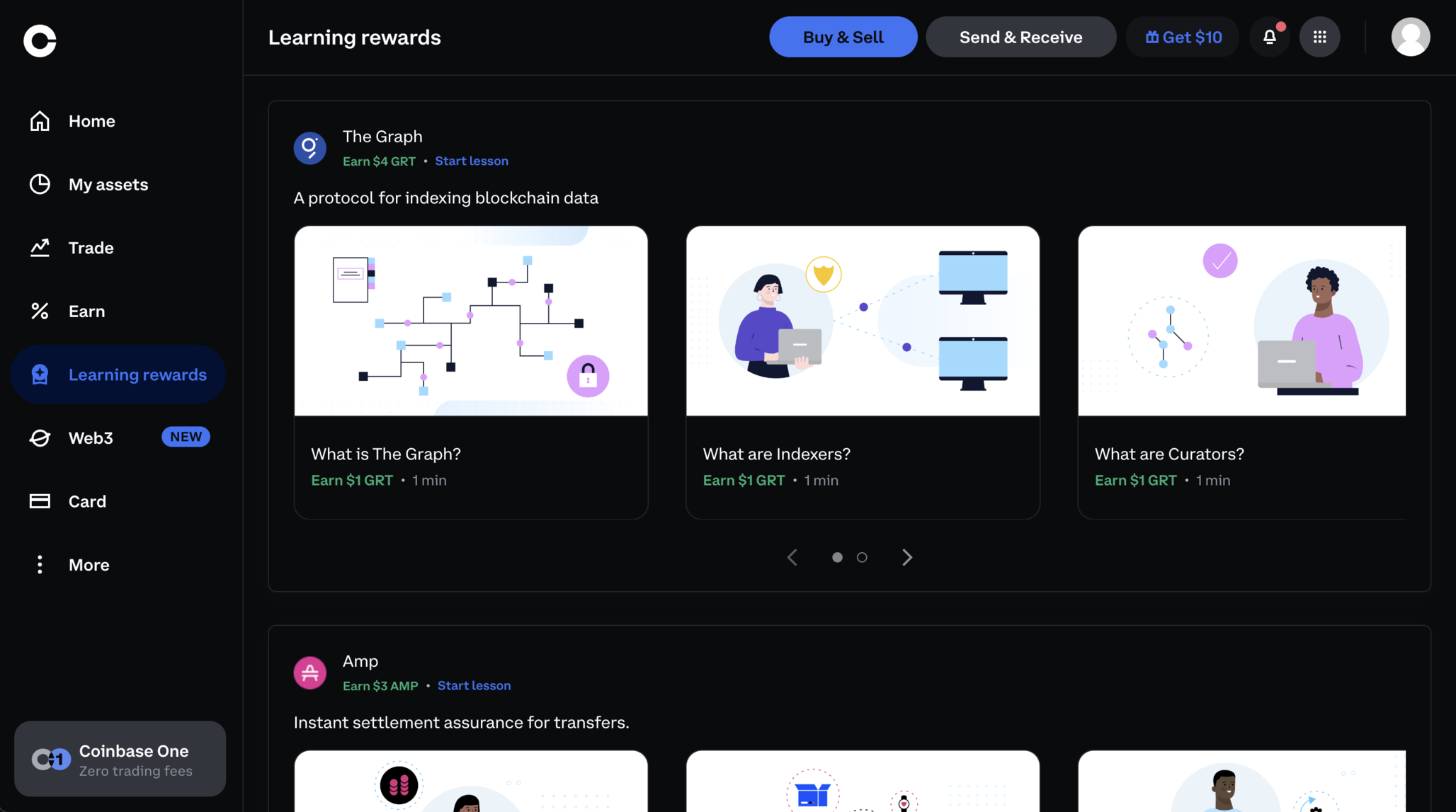Social proof is one of the most potent tools in a marketer's arsenal. And when it comes to social proof, nothing beats authentic customer testimonials. These real-life success stories can significantly boost your credibility, inspire trust in potential customers, and ultimately drive conversions.
But how do you go about collecting high-quality testimonials that truly showcase the value of your product or service? The secret lies in asking the right questions. This comprehensive guide will walk you through everything you need to know about customer testimonial questions, from crafting the perfect queries to leveraging the responses for maximum impact.
Table of Contents
- Why Customer Testimonials Matter
- The Art of Asking Effective Testimonial Questions
- 25 Powerful Customer Testimonial Questions
- Best Practices for Collecting Customer Testimonials
- How to Use Customer Testimonials Effectively
- Avoiding Common Pitfalls in Testimonial Collection
- Leveraging Technology for Testimonial Management
- Legal Considerations for Using Customer Testimonials
- Measuring the Impact of Your Testimonials
- Conclusion: Harnessing the Power of Customer Voices
Why Customer Testimonials Matter
Before diving into the specifics of testimonial questions, it's crucial to understand why customer testimonials are so valuable:
- Build Trust: Potential customers are more likely to trust the words of their peers than your marketing claims.
- Provide Social Proof: Testimonials show that others have successfully used and benefited from your product or service.
- Overcome Objections: Real customer stories can address and alleviate common concerns or hesitations.
- Humanize Your Brand: Authentic testimonials add a personal touch to your brand, making it more relatable.
- Boost Conversions: Studies show that testimonials can significantly increase conversion rates across various industries.
The Art of Asking Effective Testimonial Questions
Crafting the right questions is crucial for eliciting compelling testimonials. Here are some key principles to keep in mind:
- Be Specific: Ask questions that prompt detailed, concrete responses rather than vague generalities.
- Focus on Benefits: Encourage customers to articulate how your product or service has positively impacted their lives or businesses.
- Capture the Journey: Ask about the before, during, and after experiences to paint a complete picture.
- Encourage Storytelling: Frame questions in a way that invites customers to share their unique narratives.
- Address Different Aspects: Cover various elements such as product features, customer service, and overall experience.
- Keep It Open-Ended: Avoid yes/no questions in favor of those that require elaboration.
- Tailor to Your Audience: Consider your target market and what would resonate most with potential customers in your industry.
25 Powerful Customer Testimonial Questions
Now, let's explore a comprehensive list of questions designed to elicit powerful testimonials. We've organized these questions into categories to help you choose the most appropriate ones for your needs.
Questions About the Customer's Initial Situation
- What specific challenge or problem were you facing before discovering our product/service?
- How was this challenge impacting your business or daily life?
- What solutions had you tried previously, and why weren't they sufficient?
- Can you describe your state of mind or the atmosphere in your organization before implementing our solution?
Questions About the Decision-Making Process
- What initially attracted you to our product/service?
- Were there any hesitations or concerns you had before deciding to work with us? If so, what were they?
- What made our offering stand out compared to other options you considered?
- Can you walk us through your decision-making process? What were the key factors that influenced your choice?
Questions About the Customer's Experience
- What was your first impression when you started using our product/service?
- How would you describe the onboarding or implementation process?
- What feature or aspect of our offering has been most valuable to you, and why?
- Have you had any interactions with our customer support team? If so, how would you describe the experience?
- What, if anything, surprised you most about working with us?
Questions About Results and Impact
- What specific results or improvements have you seen since implementing our solution?
- Can you quantify the impact our product/service has had on your business (e.g., time saved, revenue increased, costs reduced)?
- How has our offering helped you achieve your goals or overcome your initial challenges?
- What's the most significant change you've noticed in your operations or daily life since using our product/service?
- Have there been any unexpected benefits or positive outcomes?
Questions for Video Testimonials
- If you were to recommend our product/service to a colleague or friend, what would you say?
- Can you share a specific story or example that illustrates how our offering has made a difference for you?
- What does a typical day look like for you now, compared to before using our product/service?
- If you could go back in time, what would you tell yourself about making the decision to work with us?
- How would you describe the overall impact our solution has had on your business in just one sentence?
Wrap-Up Questions
- Is there anything else you'd like to add about your experience with our product/service?
- If you could sum up your experience with our company in one word, what would it be and why?
Best Practices for Collecting Customer Testimonials
Gathering impactful testimonials isn't just about asking the right questions. Here are some best practices to ensure a smooth and effective testimonial collection process:
Time It Right: Ask for testimonials when customers are most likely to be satisfied, such as after a successful project completion or when they've achieved a significant milestone with your product.
Make It Easy: Provide multiple options for customers to share their testimonials, such as written responses, video recordings, or phone interviews.
Be Transparent: Clearly communicate how you intend to use the testimonial and obtain proper permissions.
Offer Guidance: While you want authentic responses, it's okay to provide some direction on the type of information that would be most helpful.
Follow Up: If a testimonial lacks detail or clarity, don't hesitate to ask follow-up questions for more specifics.
Show Appreciation: Always thank customers for their time and willingness to share their experiences.
Seek Diversity: Aim to collect testimonials from a range of customer types to appeal to different segments of your target market.
Update Regularly: Periodically refresh your testimonial collection to ensure they remain current and relevant.
How to Use Customer Testimonials Effectively
Once you've collected powerful testimonials, it's crucial to leverage them effectively:
Website Integration: Feature testimonials prominently on your website, especially on high-traffic pages and near call-to-action buttons.
Case Studies: Expand particularly compelling testimonials into detailed case studies that showcase the full customer journey.
Social Media: Share snippets of testimonials across your social media platforms to engage your audience and provide social proof.
Email Marketing: Incorporate testimonials into your email campaigns to build trust and encourage conversions.
Sales Collateral: Use relevant testimonials in your sales presentations, proposals, and other marketing materials.
Video Content: Create video testimonials or animations that bring customer stories to life visually.
Product Pages: Include specific product-related testimonials on individual product pages to address potential buyer concerns.
Blog Posts: Write blog articles that expand on customer success stories, providing more context and value.
Paid Advertising: Incorporate testimonial quotes or statistics in your ad copy to increase credibility and click-through rates.
Avoiding Common Pitfalls in Testimonial Collection
While testimonials are powerful, there are some potential pitfalls to avoid:
Over-Editing: Resist the urge to heavily edit testimonials. Minor grammatical corrections are fine, but maintain the customer's authentic voice.
Cherry-Picking: While it's natural to want to showcase your best feedback, ensure you're presenting a balanced and honest view of your product or service.
Neglecting Context: Always provide context for testimonials, such as the customer's industry or specific use case, to make them more relatable and credible.
Ignoring Negative Feedback: If you receive constructive criticism during the testimonial process, use it as an opportunity for improvement rather than dismissing it.
Failing to Update: Outdated testimonials can actually harm your credibility. Regularly review and refresh your testimonial collection.
Overuse: While testimonials are valuable, don't let them overwhelm your content. Use them strategically to complement your marketing messages.
Leveraging Technology for Testimonial Management
Managing a growing collection of testimonials can be challenging. Consider leveraging technology to streamline the process:
Testimonial Software: Platforms like LoyaltySurf can help you collect, manage, and display testimonials efficiently.
CRM Integration: Link your testimonial collection efforts with your CRM to target satisfied customers at the right time.
Automated Follow-Ups: Use email automation to send testimonial requests and follow-up reminders.
Analytics Tools: Implement tools to track the performance of different testimonials across your marketing channels.
AI-Powered Insights: Utilize AI tools to analyze testimonial content for trends and sentiment, helping you understand what resonates most with your customers.
Legal Considerations for Using Customer Testimonials
When collecting and using testimonials, it's essential to be aware of legal considerations:
Obtain Written Permission: Always get explicit consent from customers to use their testimonials in your marketing materials.
Disclose Material Connections: If there's any financial or personal relationship between your company and the person providing the testimonial, this must be disclosed.
Avoid Misleading Claims: Ensure that testimonials are truthful and not misleading about the typical results customers can expect.
Respect Privacy: Be mindful of privacy laws and regulations when collecting and storing customer information related to testimonials.
Keep Records: Maintain documentation of permissions and the original, unedited versions of testimonials.
Industry-Specific Regulations: Be aware of any industry-specific rules or regulations regarding testimonials, particularly in highly regulated sectors like finance or healthcare.
Measuring the Impact of Your Testimonials
To ensure your testimonial strategy is effective, it's important to measure its impact:
Conversion Rate Analysis: Compare conversion rates on pages with and without testimonials.
A/B Testing: Test different testimonial placements, formats, and content to see which performs best.
Customer Surveys: Ask new customers if testimonials influenced their decision to purchase.
Social Media Engagement: Track likes, shares, and comments on testimonial content shared on social platforms.
SEO Impact: Monitor how testimonial-rich pages perform in search rankings for relevant keywords.
Sales Team Feedback: Gather insights from your sales team on how testimonials are influencing prospects during the sales process.
Conclusion: Harnessing the Power of Customer Voices
Customer testimonials are a powerful tool in your marketing arsenal, capable of building trust, overcoming objections, and driving conversions. By asking the right questions and following best practices for collection and use, you can create a compelling narrative that showcases the real-world value of your product or service.
Remember, the most effective testimonials are those that tell a story – the customer's journey from problem to solution, and the transformative impact your offering has had on their business or life. By continually refining your approach to testimonial collection and leveraging them strategically across your marketing efforts, you can create a chorus of customer voices that resonates with prospects and turns them into loyal advocates.
In today's digital landscape, where consumers are increasingly skeptical of traditional advertising, authentic customer testimonials stand out as beacons of trust and credibility. They provide the social proof that can tip the scales in your favor, helping you stand out in a crowded marketplace and forge stronger connections with your target audience.
So, start asking those powerful questions, listen closely to your customers' stories, and let their voices become your most persuasive marketing asset. With a robust testimonial strategy in place, you'll be well-equipped to build trust, drive growth, and create a community of satisfied customers eager to share their success stories.







